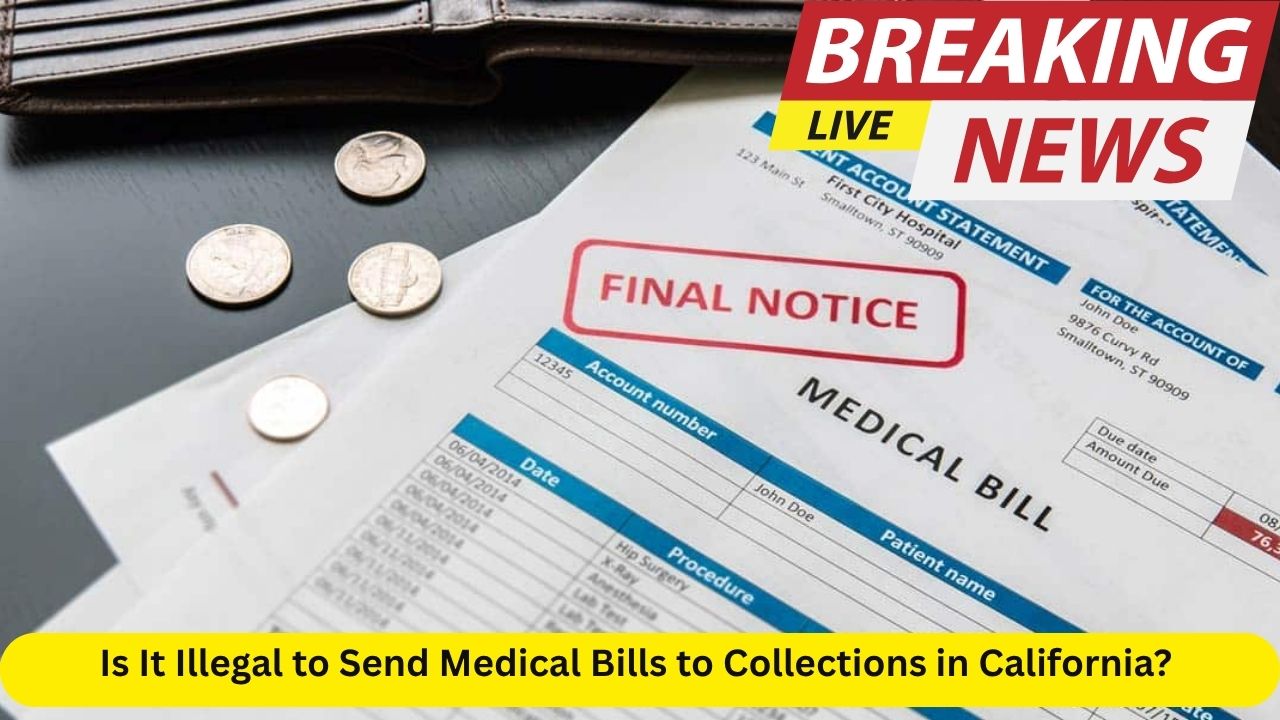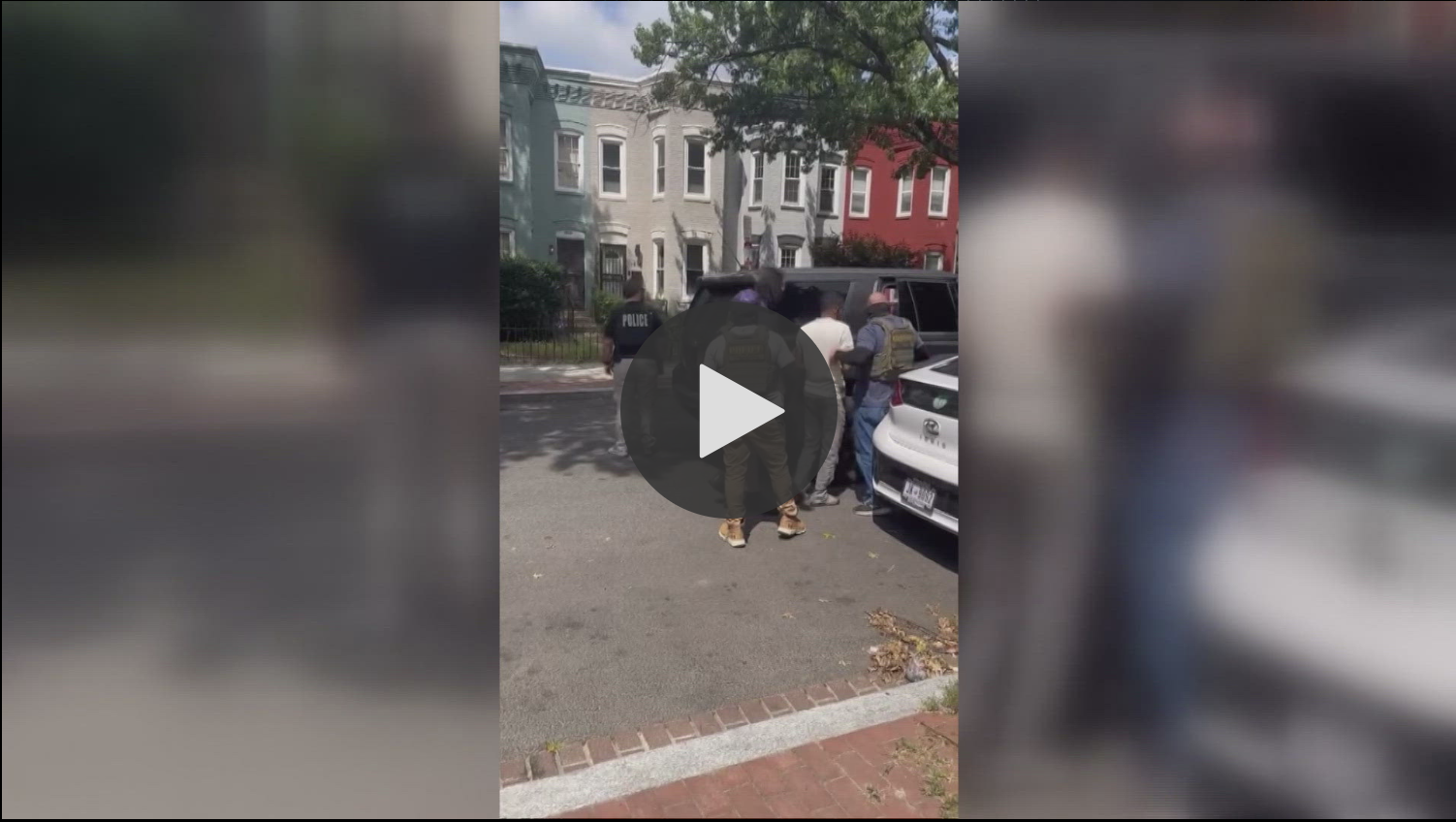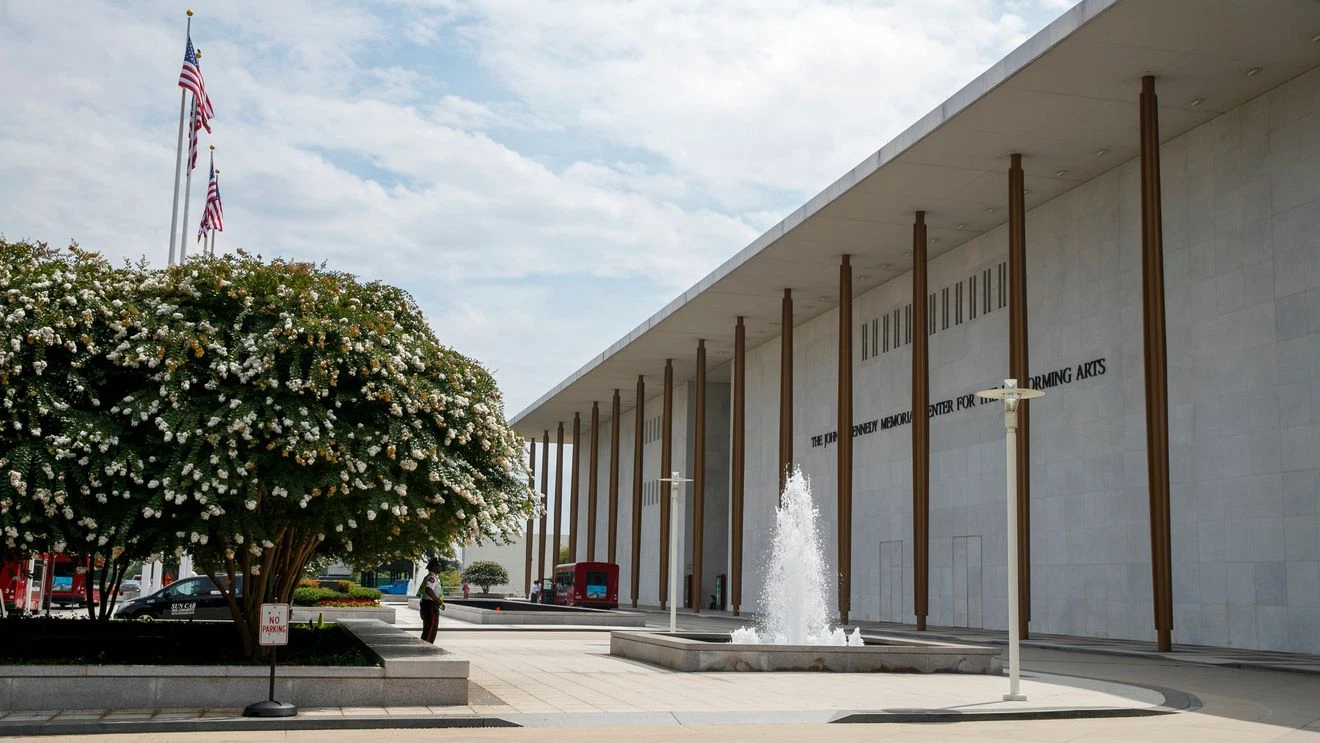“Is it illegal to send medical bills to collections in California?” It’s a question that strikes fear into the hearts of many Californians, especially those recovering from illness in areas like Los Angeles, San Francisco, San Diego, or Sacramento. With healthcare costs skyrocketing and surprise bills suddenly arriving for emergency services, patients want clarity: can providers—or more often, debt collectors—automatically send unpaid medical bills to collections? This article dives into California’s evolving legal landscape, exploring recent protections, hospital billing rules, consumer rights, debt collector limitations, statute of limitations, and practical steps for anyone facing medical debt.
Background: Why Medical Debt Can Be Devastating
In California and across the US, medical debt is a leading cause of financial distress. The average American medical bill sits around $3,100, and in high-cost areas like San Francisco or Orange County, bills for emergency care or surgeries often reach tens of thousands. For families in San Bernardino, Bakersfield, or Fresno living near or below 400% of the federal poverty level, even one large bill can quickly become unmanageable. The problem worsens when billing errors arise, surprise charges for out-of-network providers show up, and debt gets sent to collection agencies—damaging credit reports, creating legal headaches, and fueling anxiety.
California’s 2025 Law: Banning Medical Debt From Credit Reports
As of January 1, 2025, California took a bold step: Senate Bill 1061 prevents most medical debt from appearing on credit reports. This applies to all state-permitted credit uses—loans, rentals, job screening. The rationale is simple: medical crises are not reliable predictors of credit risk. Removing medical debt from credit reports protects residents of cities like Oakland, San Jose, and Bakersfield from having their credit scores tanked after a hospital stay.
However, this law does not erase the debt itself. It simply ensures that unpaid medical bills—no matter how high—won’t directly harm credit scores. Debt collectors can still pursue payment, although without the leverage of a damaging credit report entry.
Before Credit Reporting Changes: Collection Thresholds and Notices
Even before January 2025, California applied important consumer protections:
-
Hospitals must wait at least 180 days after billing before reporting debt or sending it to collections. This grace period—about six months—gives time for insurance processing, billing errors, or financial assistance applications.
-
At any point before referring a bill to a collection agency, providers must send a written notice featuring itemized billing instructions, the collector’s contact information, and information about applying for charity care or discounts.
-
This rule saved countless Californians in cities from San Diego to Stockton from overnight surprise notices, allowing them time to appeal, negotiate, or apply for aid.
Surprise Medical Billing: A Growing Concern
Residents of San Francisco, Los Angeles, and Ventura have faced “surprise” bills—charges from out-of-network providers at in-network facilities, often for emergency services. Both California and federal laws now protect against surprise billing:
-
You can’t be chased for out-of-network charges you didn’t agree to in advance.
-
Debt collectors cannot pursue surprise bills without proof of your understanding.
-
Providers are mandated to give both itemized bills and notice of dispute rights before collections begin.
These safeguards help prevent billing errors from escalating and turning into collection threats when a patient is off-guard.
Statute of Limitations in California
Even if a bill is valid, the statute of limitations governs how long debt collectors have to sue. In California, most medical debt is subject to a four-year statute, counted from the date of last payment or acknowledgement. If no payment or acknowledgment occurred within that period, a collector cannot file a lawsuit.
But beware: acknowledging the debt—or making a partial payment—resets the clock, wiping out the legal defense. For residents of Anaheim, Riverside, or Bakersfield, recognizing this cutoff can be key to avoiding escalating collection pressure for stale debts.
Fair Debt Collection Practices Act (FDCPA) & California Law
Medical debt falls under the Fair Debt Collection Practices Act (FDCPA) and similar California legislation. These laws strictly limit debt collector behavior:
-
They cannot harass, e.g., making calls before 8 a.m. or after 9 p.m., repeating calls, using threats or obscenities, or contacting your family or workplace.
-
They must validate the debt: when first contacted, collectors must provide written verification of the amount owed, original creditor, and your rights to dispute.
-
If you dispute, phone and collection efforts must pause until the issue is resolved.
-
Collectors are banned from false or deceptive representations, such as pretending to be law enforcement, misrepresenting amounts, or saying you can’t negotiate.
For residents of San Jose, Fresno, or Long Beach, it means you can push back if a collector calls incessantly or sends misleading notices.
Hospital Charity & Discount Care
California hospitals—especially nonprofit ones in communities like Sacramento, San Francisco, and Los Angeles—must implement charity care and sliding-scale programs for uninsured or underinsured patients up to 400% of the federal poverty level. These policies apply even if a bill is past due or in collections, and hospitals must provide applications in pre-collection notice letters.
The result: patients from Stockton to San Diego may qualify for completely free or discounted care, and this protection must be communicated clearly before bills go further.
Debt Collectors: What They Can and Can’t Do
While medical debt can still be collected, collectors must follow all these rules:
-
They’re free to contact you within allowed times, but not harass.
-
They must honor a notice of dispute and cease collection until they verify.
-
They cannot file suit if the debt is past the 4-year limit.
-
They cannot report to credit bureaus post-January 2025.
-
They must provide written notices before any legal action.
-
Interest and late fees are permitted under contract, typically 5–10% annually, but must be disclosed and lawful.
In San Diego, Los Angeles, or San Francisco, if you’re sued over medical debt, collectors must prove the debt is valid and within time. You can contest it and ask for summary judgment if not.
Medical Credit Cards: An Alternate Trap
Some providers in urban centers like San Francisco and Los Angeles offer medical credit cards (e.g., CareCredit) at the point of care. These often come with deferred-interest or variable terms. While not collections per se, failure to pay on time converts them into regular credit debt reported to bureaus and subject to interest.
It’s vital to note that medical credit cards are outside many of these protections. Once used, they become standard financial debt, undermining California’s medical debt shields.
If Your Bill Goes to Collections: What to Do
1. Review the Billing
Look for errors like duplicate charges, overbilling, or out‑of‑network rates applied at in‑network facilities. Dispute any inconsistencies. Most errors can be corrected, especially in San Jose or Sacramento hospitals.
2. Apply for Charity or Discount Care
If you qualify for financial aid (under 400% federal poverty, income varies by county), apply—even retroactively. This may wipe out much of the bill.
3. Keep the 180‑Day Rule in Mind
If your bill is sent to collections in less than 180 days, the provider likely broke state law. You may have a claim.
4. Dispute the Debt Promptly
Under FDCPA, you have 30 days after initial contact to dispute. Email or certified mail is best.
5. Watch the 4‑Year Time Limit
If the last payment or acknowledgment was over four years ago, you can defend collection suits successfully.
6. Negotiate a Payment Plan
Collectors often settle for less than full balance. Get written confirmation that payment settles everything.
7. File a Complaint
In California, you can complain to the Attorney General, the Department of Financial Protection and Innovation, or CFPB if collector behavior is improper.
City Spotlights: Local Insights
-
Los Angeles: Major health systems provide online charity care; municipal clinics also help. Many low-income Angelenos qualify.
-
San Francisco: Bay Area hospitals must comply with stricter charity protocols. The city’s high cost of living makes aid access valuable.
-
San Diego: Regional hospital networks partner with nonprofits to preempt collections.
-
Sacramento: County health offices assist with applications and disputing surprise bills.
-
Fresno/Bakersfield: Rural hospitals sometimes delay billing further, giving wiggle room—but also risk errors; tracking notices is key.
Ongoing Gaps and Remaining Challenges
Despite California’s progress:
-
Medical debt is not forgiven—you still owe money, and collectors can sue.
-
Medical credit cards dodge protections and can wreak havoc on credit.
-
Some debt buyers pursue old debts past statute limits, banking on consumer inaction.
-
Surprise billing protections don’t cover elective procedures; outpatient care can still surprise patients.
-
Even without credit reporting, lawsuits can lead to wage garnishment or bank levies.
Practical Tips to Protect Yourself
-
Track all bills, insurer explanations, and payments.
-
Don’t ignore a bill—respond or dispute promptly.
-
Document communications with providers or collectors.
-
Use certified mail to dispute or respond to collection efforts.
-
Check your credit reports annually to ensure medical debts aren’t listed.
-
Consult legal aid—many counties and nonprofits offer free help.
-
Don’t convert medical debt into credit card debt—keep it in its protected category.
Conclusion
So, is it illegal to send medical bills to collections in California? Not entirely—but the state has implemented comprehensive protections:
-
You cannot have medical debt reflect on your credit report (mandated from Jan 2025).
-
Hospitals must wait six months and send notices before collections.
-
Statutory safeguards like the 4-year limit and FDCPA apply.
-
Surprise billing rules and charity care eligibility offer additional safeguards.
What matters most is being informed and proactive. As a California resident—whether you’re in Los Angeles, San Francisco, or El Centro—knowing your rights helps you take control. You may still owe, but you also have the power to dispute, delay, reduce, or even eliminate debt with proper effort.
No, it’s not outright illegal to send medical bills to collections—but yes, it’s highly regulated. And if you stand up and assert your rights—leveraging grace periods, statutes, charity care, and dispute processes—you can navigate through medical debt without credit ruin, harassment, or unfair lawsuits.
Final Thoughts
California has made great strides—but enforcement depends on individuals. Keep well‑documented records, demand proper notices, and lean on legal protections. Whether you’re facing a surprise charge in San Diego or a delayed notice in Santa Rosa, the law gives you tools to push back.
Money may still be owed—but with knowledge and persistence, you can ensure it doesn’t destroy your financial future.
















Leave a Reply